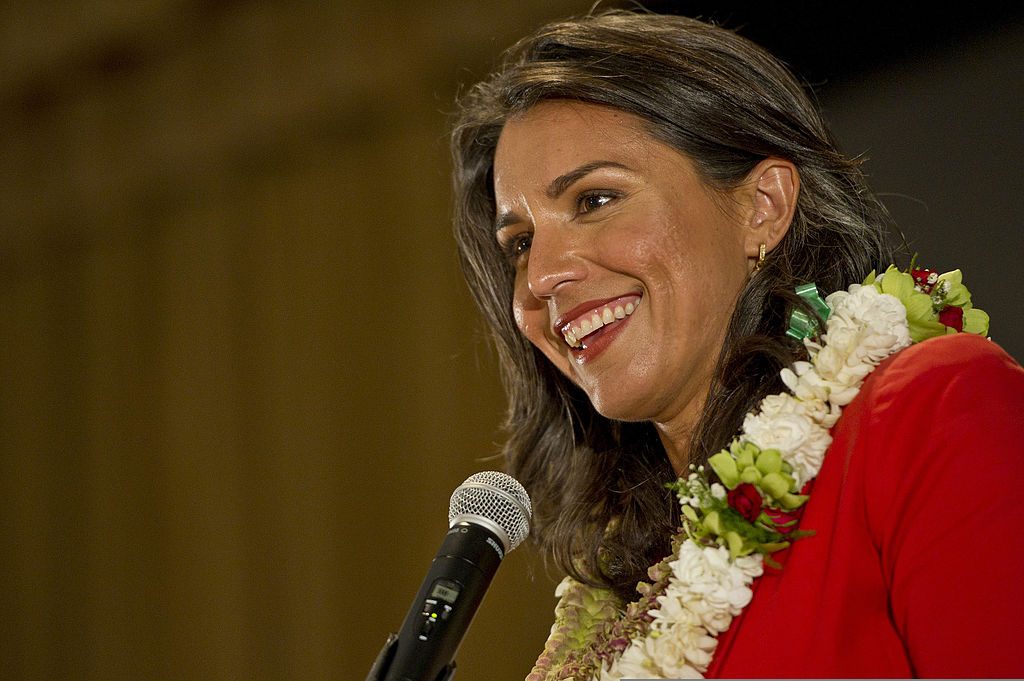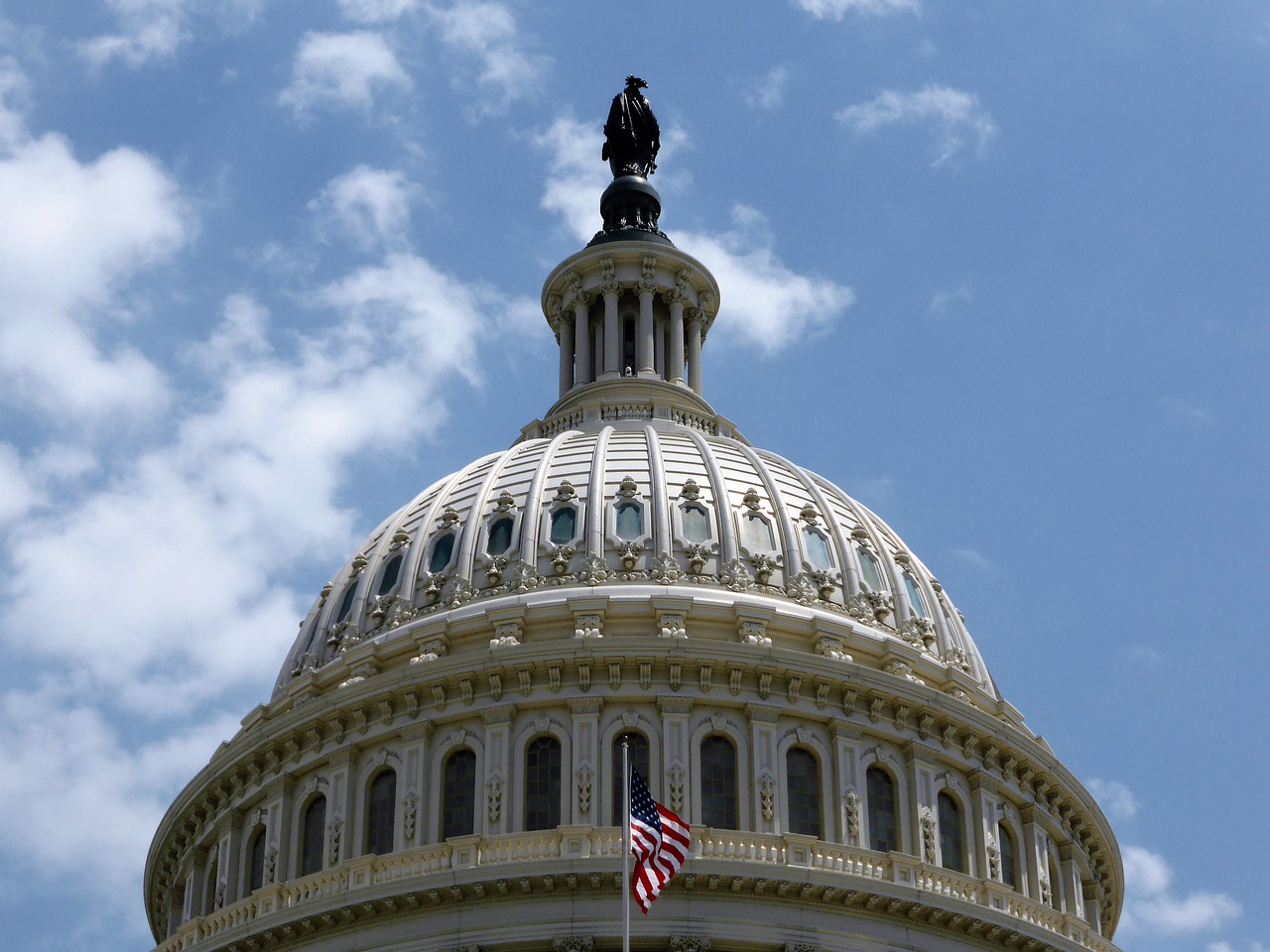The Election Bill No One Is Talking About
Hawaiian Congresswoman and potential 2020 presidential candidate Tulsi Gabbard has introduced a bill in the House of Representatives recently that would strengthen voting infrastructure nationwide, addressing security concerns from the 2016 elections.
The bill was introduced to the House Administration Committee and the House Budget Committee. The Securing America’s Elections Act of 2018 aims to secure and audit recorded votes on a national level.
According to the congresswoman’s website, the bill would require the usage of voter-verified paper ballots or a paper ballot backup in federal elections in case of any audit or recount and it would allow all voters to verify their own ballot and correct any errors before their permanent paper ballot is preserved for official government record.
It would also establish voter-verified paper ballots as the correct record of the total votes cast if there were any inconsistencies or irregularities between electronic and paper vote tallies, authorizes emergency funding for states to meet the financial costs of providing paper ballots or paper ballot backups before the 2018 federal elections, and study the effectiveness and security of utilizing open-source electronic voting software in all future elections.
“The Securing America’s Elections Act will ensure our elections are hack-proof by providing the American people with an auditable, reliable, paper record of their votes in time for the 2018 elections,” Gabbard said in the House Information Technology Subcommittee. “It will also begin to address the effectiveness and security of our voting machine software. This is critical to renew our citizens’ faith in the electoral process.”
Similar efforts to pass voting security measures are being proposed in the Senate. A bipartisan group of Senators, including Republican Oklahoma Senator James Lankford and Democratic Minnesota Senator Amy Klobuchar, have introduced the Secure Elections Act in March.
This act aims to streamline any information sharing between federal and state election officials, modify delivery of security clearances to state officials to allow them to view sensitive cyber threat information related to elections, and provide financial aid to states as well as localities to strengthen security around current digital election infrastructure.




